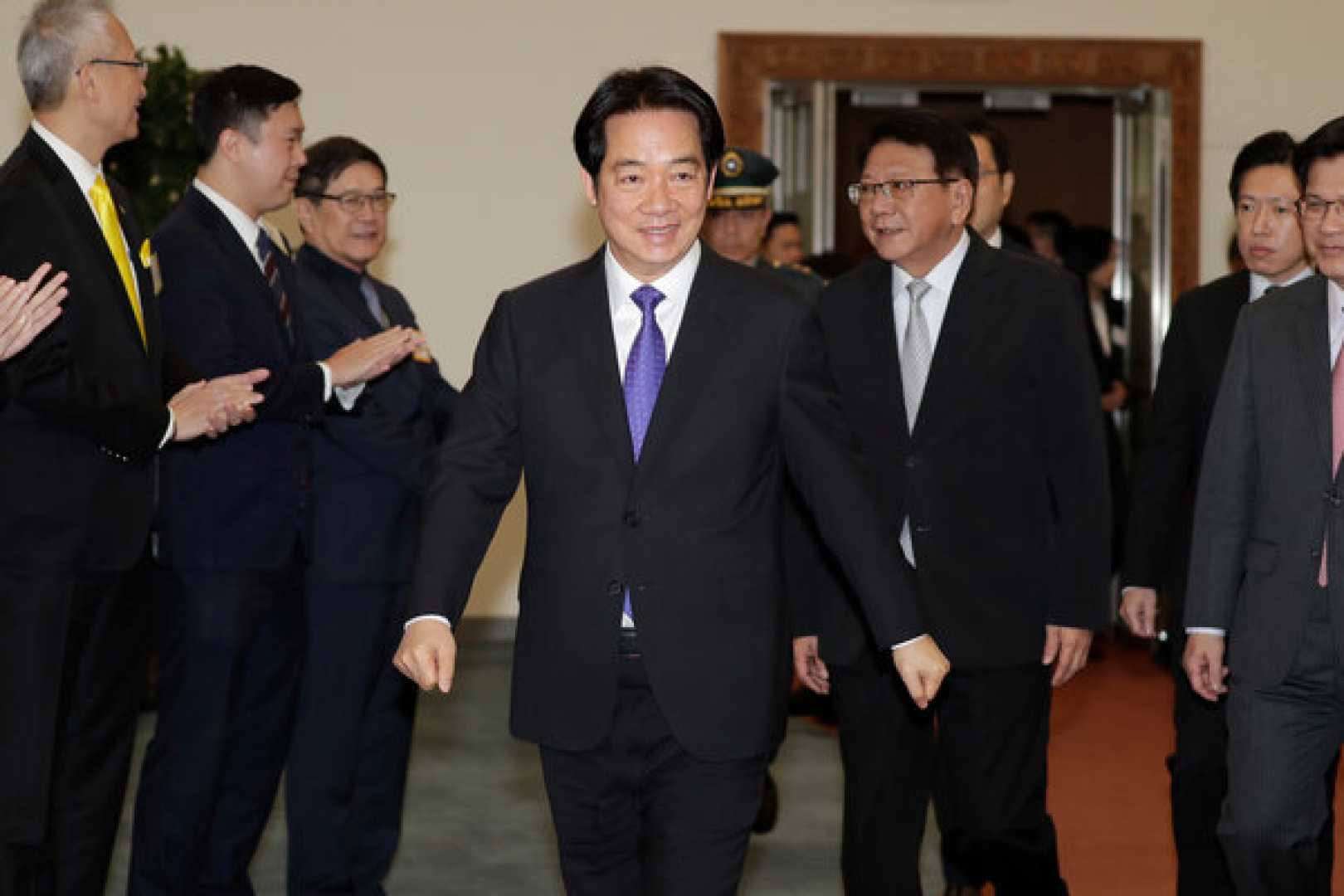Business
Taiwan Proposes Zero Tariffs in Bid to Strengthen U.S. Trade Relations

TAIPEI, Taiwan — Taiwan’s President Lai Ching-te announced on Sunday that he is proposing zero tariffs as the foundation for upcoming trade negotiations with the United States. The proposal aims to remove trade barriers, asserting that no reciprocal measures will be taken, while Taiwanese companies are expected to increase their investments in the U.S.
This announcement follows President Donald Trump‘s declaration of comprehensive import tariffs on numerous trading partners, which notably affects Taiwan, a nation that currently has a significant trade surplus with the U.S. Under the new measures, Taiwan faces duties of up to 32 percent on some products, but semiconductors, one of its major exports, are exempt from these tariffs.
In a video message released by his office, following a meeting with small and medium-sized business executives at his residence, Lai stated, “Given Taiwan’s dependence on trade, the economy will indeed face challenges due to these tariffs; however, I am optimistic that the adverse effects can be mitigated.”
Lai emphasized that tariff negotiations should initiate with a “zero tariffs” framework, referencing the U.S.-Canada-Mexico trade agreement as a model. He reiterated that Taiwan has no intentions of retaliating with its own tariffs and affirmed the commitment of Taiwanese companies to invest in the U.S. as it remains beneficial to Taiwan’s interests.
“In addition to TSMC‘s increased investment, other sectors, such as electronics, information and communications, petrochemicals, and natural gas, will also seek to bolster their investments in the U.S. to deepen industrial cooperation between Taiwan and the United States,” Lai noted.
To further support trade relations, Taiwan’s cabinet is weighing large-scale agricultural, industrial, and energy imports from the U.S., with defense procurement plans already being put forward by the military. Lai added, “All purchases will be actively pursued,” asserting an aggressive approach towards enhancing bilateral trade.
Moreover, Lai highlighted that non-tariff trade barriers serve as indicators for the U.S. to assess trade fairness, promising that Taiwan will proactively address these long-standing issues to facilitate smoother trade negotiations.
The U.S. stands as Taiwan’s most significant international ally and primary arms supplier, despite the lack of formal diplomatic relations. This partnership becomes increasingly crucial as Taiwan faces intensified military and political pressure from China, which sees the self-ruled island as a breakaway province.
Shortly before Trump’s announcement of tariffs, China concluded another round of military exercises around Taiwan, heightening tensions in the region.
Reflecting on Taiwan’s ability to withstand global crises, Lai stated, “We have faced major challenges in the past and emerged resilient. Not only have we overcome adversities, but we have also transformed challenges into opportunities, enhancing our economy in the process.”












